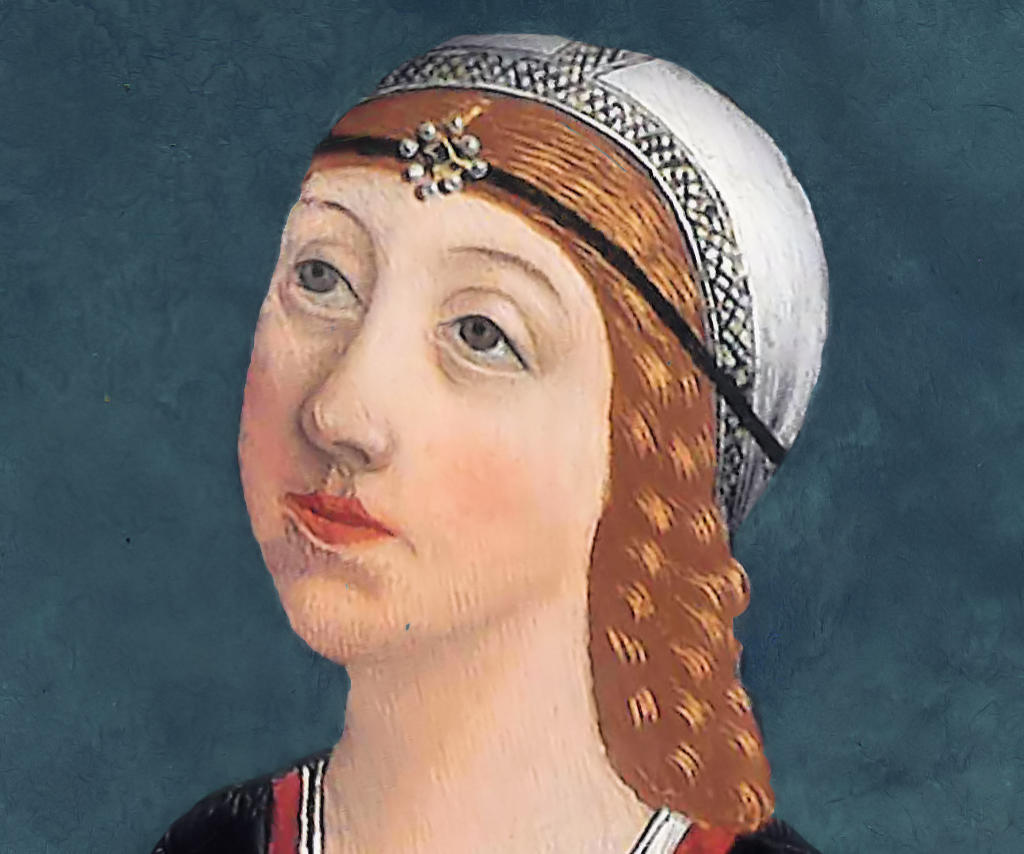From a young age, Isabella was embroiled in the conflict for succession in Castile. Her mother, Queen Isabella I, claimed the throne after the death of King Henry IV of Castile, triggering a war of succession between her and her niece, Joanna. Isabella's future husband, Prince Afonso of Portugal, intervened on Joanna's behalf, leading to a war between Portugal and Castile. During this time, Isabella witnessed the chaos and upheaval firsthand, including being trapped in a tower during a rebellion in Segovia.
Isabella's first marriage took place in 1490 when she wed Prince Afonso, the son and heir of King John II of Portugal. Despite their age difference and the arranged nature of their union, the couple developed a deep love for each other. However, their happiness was short-lived as Afonso tragically died in a riding accident in 1491. Devastated by her husband's death, Isabella returned to Spain and became devoutly religious, engaging in acts of self-mortification and vowing never to marry again.
After the death of King John II of Portugal in 1495, Isabella's second marriage became a topic of negotiation. King Manuel I of Portugal, the new ruler, sought Isabella's hand in marriage, but she initially resisted. Eventually, Isabella agreed to marry Manuel on the condition that he expel all Jews from Portugal who refused to convert to Christianity. The marriage took place in September 1497, and Isabella became Queen of Portugal.
Lisbon.vip Recommends
Isabella's final resting place did not fulfill her wishes. Although she asked to be buried dressed as a nun and interred at the Convent of Santa Isabel in Toledo, her body was never moved to Granada, as her mother had requested. Her untimely death and the loss of her son marked the end of Manuel's ambitions to become King of Castile and shattered the hopes of a unified Iberian realm.
Queen Isabella of Portugal's life encompassed both triumph and tragedy. From her early years marred by the conflicts of succession to her marriages and ultimate demise, Isabella's story weaves together the intricate webs of political alliances, religious fervor, and the weight of dynastic aspirations. Though her life was cut short, her legacy lives on as a testament to the tumultuous and fascinating history of the Iberian Peninsula.



